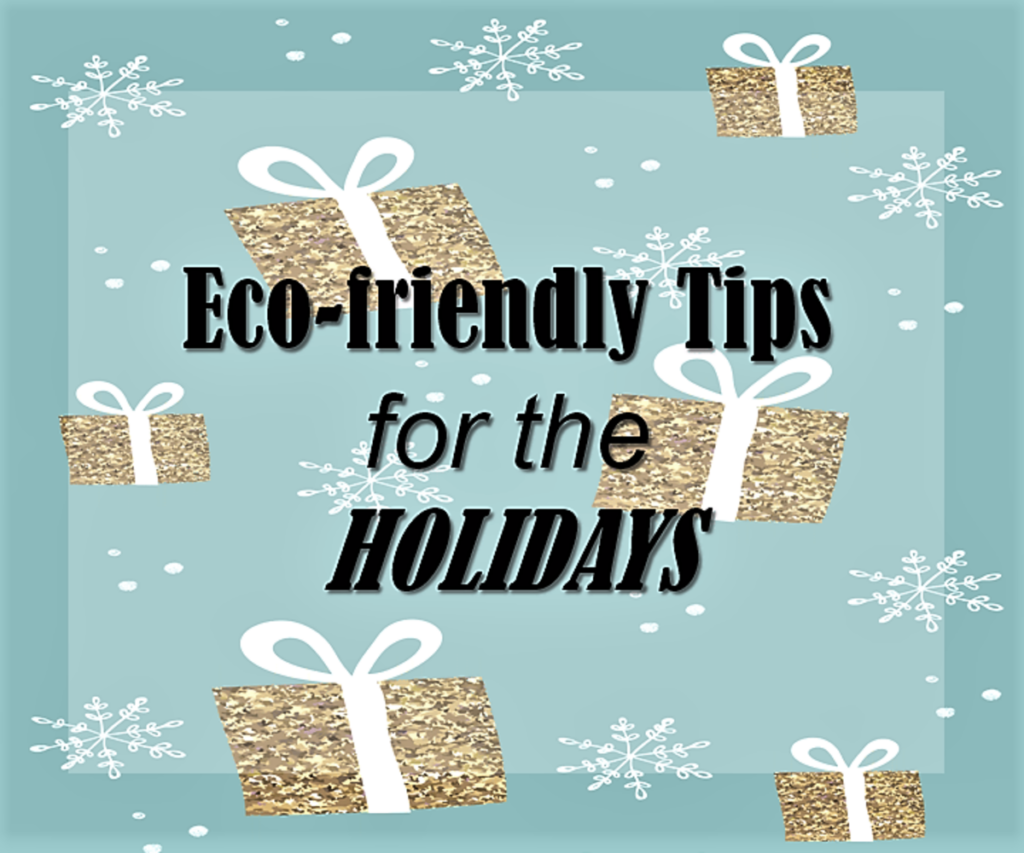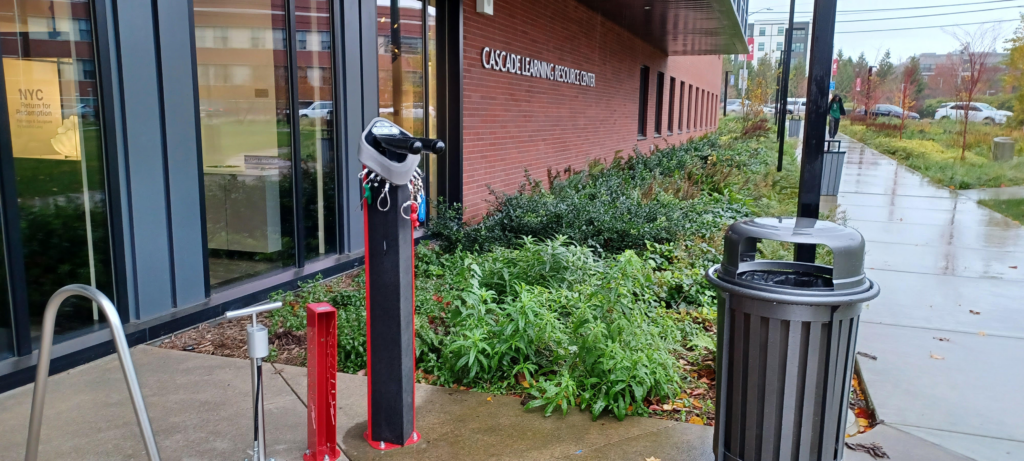
Are you a current student with ideas on how to make EvCC more sustainable?
The EvCC Student Green Fee has funds available and will be accepting student proposals Jan 1st through Jan 31st 2025. Any proposals received outside of this timeline will not be considered.
The Student Green Fee is an opportunity for EvCC students to help create a more sustainable campus through college funding.
Submit yours to be a part of making EvCC a more sustainable place!
For details and instructions or to learn about previously funded projects Click Here
In order to submit a proposal, please follow these instructions:
First, download and save both the budget proposal form, as well as the SMARTS worksheet
Second, fill out the documents, saving them under the following format: ProjectPropsalName.Date.GreenFeeBPF and ProjectProposalName.Date.GreenFeeSMARTS
Finally, email completed documents to sustainability@everettcc.edu.
Many other colleges and universities in the Pacific Northwest (and nationwide) have taken to student fees to fund their sustainability and environmental goals. Here are some examples of projects they funded through these types of fees. Below are examples of projects that have been undertaken on other campuses, or potential project ideas generated by students for our campus.
Farm to Campus Program
Agriculture and food production are some of the biggest contributors to environmental degradation and greenhouse gas emissions, due to the industrialized processes that many large food corporations have adopted. However, by bringing local, organic food directly from farms in our area, we are avoiding many of the issues associated with intensive agriculture. Not only do programs like this encourage healthier dietary habits and benefit the environment, but they also support the local economy.
Honey Bee Colonies
Most people are aware of the declining pollinator populations, which may threaten food supplies across the globe. Many college campuses practice raising honey bee colonies and implementing landscaping strategies that are conducive to the health and wellbeing of people, plants and animals (including bees!), and can even beautify campus grounds.
Green Chemistry
Green chemistry is defined as the development and implementation of chemical products and processes to reduce or eliminate health risks associated with, but not limited to, hazardous substances used in many chemistry labs around the world. This can take the form of inventorying chemicals and properly disposing of those that do not get used, and designing chemistry experiments for curriculum that incorporate green elements.
Rain Gardens
In rainy Western Washington, significant amounts of rain water containing pollutants from yard chemicals, motor oil or other toxic substances enters our stormdrains and eventually empties into Puget Sound. Rain gardens are natural filters that remove pollution from rain water and returns it to the water table, helping to recharge aquifers and keep our streams and other waterways clean and healthy.
Solar Powered Charging Stations
Pretty much everyone has a cell phone or laptop they use regularly on campuses today. We often like to sit outside when the weather is warm, but just as often there isn’t a way to charge our devices outside. One unique solution to this problem is installing benches with solar panels hooked up to a USB port or 12 volt outlet. Not only does this provide a place to sit and charge our phones and laptops outside, but it does so through completely clean, green energy!
Eco-Scholarships
Some colleges have used the funds from their sustainability fees to offer mini-scholarships to STEM students, specifically those studying environmental sciences or engineering.
To learn more about Project Examples
Click here: https://www.everettcc.edu/administration/college-services/facilities/sustainability/evcc-green-fee/project-examples
FREE EvCC Styrofoam Recycling Event Wednesday, January 22, 2025
Parking Lot K (old Providence side) 10am-2pm
EvCC Students for Enviromental Action (SEA) Club and Sustainability Department invites you to be an environmental hero! Bring clean styrofoam, packing peanuts in bags or boxes, bubble wrap and plastic film to be recycled–for FREE! If you are bringing styrofoam, please consider bringing a donation for the Marysville Food Bank of non-perishable food or monetary donations. We hope to collect as much styrofoam as possible; help us spread the word to your family, neighbors, and friends.
Materials We Accept for Recycling
EPS (Expanded Polystyrene)
Your material must be:
Clean
Dry
Free of all tape and any labels so it does not contaminate the recycle process.
Please bag your peanuts separately for drop off
No contaminated material accepted.
We will accept any amount, large or small. Sorry, no hot tub covers, please.
To Identify Your Foam:
Look for the #6 or EPS inside the recycle symbol
Bend the material – it should break and snap with loose beads
Polystyrene Examples:
Clean Styrofoam
Clean Takeout
Clean Polyethylene
Clean Shipping Coolers
Clean Styrofoam Sheets
Other Materials We Accept:
Packing Peanuts (in bags or boxes please)
Clear bubble wrap
Clear plastic wrapping (Clean & dry material only)
What We Do Not Accept:
Spray-in Foam
Insta-pak Foam
Grey Insta-pak Foam
Foil-covered Foam
Pink or Blue Insulation Foam (XPS)
Hot Tub Covers
SEA Club is all about promoting environmental awareness and having fun while learning about current sustainability initiatives. For more information about this event please contact Laura Wild, Club Advisor at lwild@everettcc.edu.
Learn more about EvCC Sustainability www.everettcc.edu/green or email to sustainability@everettcc.edu









